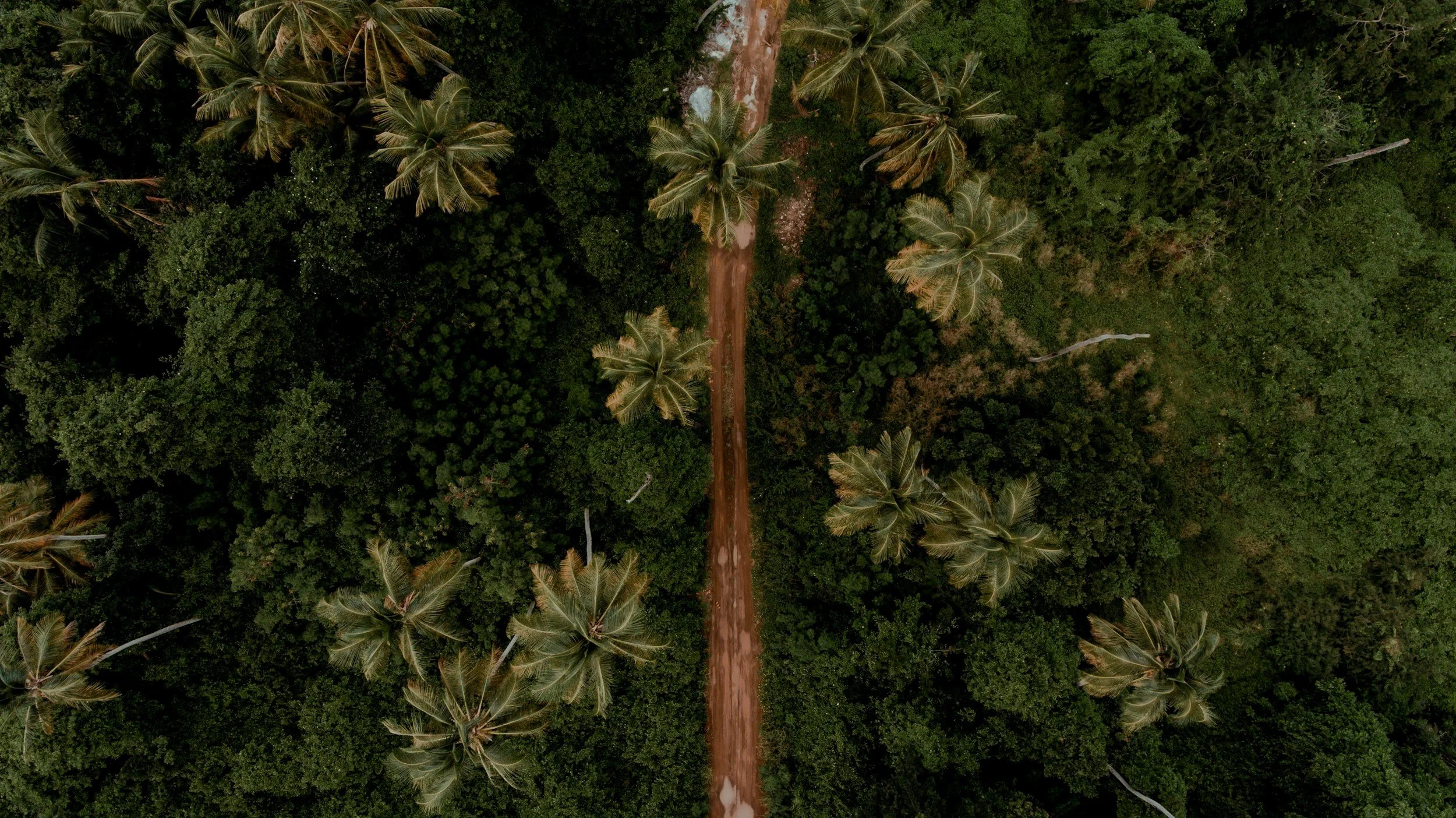
Mission & History
Mission
The mission of the CAR-WEN Working Group is to establish a robust and impactful regional enforcement network of governmental agencies dedicated to protecting the region’s biodiversity. Through intergovernmental collaboration and proactive engagement with civil society, scientific experts, and other enforcement stakeholders, the Working Group is laying the groundwork necessary for a formalised network capable of preventing, mitigating, and ending wildlife crimes.
Together, we envision a Wider Caribbean region free from wildlife crime, where sustainability and biodiversity are integral to our societies, and wildlife and natural habitats are protected, cherished, and contribute meaningfully to the well-being and prosperity of our communities.
History
For over a decade, Caribbean governments, enforcement agencies, and conservation groups have pursued the formation of a regional wildlife enforcement network. The CAR-WEN Working Group has developed through multiple phases of discussion, planning, and collaboration, working towards formalising an intergovernmental enforcement framework for the region.
Key Milestones in the CAR-WEN’s Development
2014 – Parties to the SPAW Protocol of the Cartagena Convention formally recommended the establishment of a regional wildlife enforcement network for the Wider Caribbean.
2016 – A Caribbean Regional Wildlife Enforcement Workshop in The Bahamas brought together law enforcement officials, customs officers, and policymakers from 11 Caribbean countries, resulting in a strong recommendation to establish a formalised CAR-WEN.
2017 – A second Caribbean Regional Wildlife Enforcement Workshop in Barbados produced a draft Memorandum of Understanding (MOU) and outlined steps for government and civil society engagement.
2018–2021 – The initiative stalled due to leadership turnover, lack of sustained funding, the COVID-19 pandemic, and shifting political priorities.
2022–2023 – The CAR-WEN Working Group was relaunched after the 4th Global Meeting of Wildlife Enforcement Networks at CITES COP19 in Panama. Leading efforts were driven by Jamaica’s National Environment and Planning Agency (NEPA), Trinidad & Tobago’s Ministry of Agriculture, Land, and Fisheries (MALF), The Bahamas Ministry of National Security (MNS), Sustainable Innovation Initiatives (SII), the Nurture Nature Campaign, Lightkeepers’ Foundation, and the Animal Welfare Institute (AWI).
2023–Present – The working group has expanded its membership to 20+ Caribbean governments, enforcement agencies, and multilateral partners with regular meetings, active development of a formal MOU, and implementation of supporting projects.